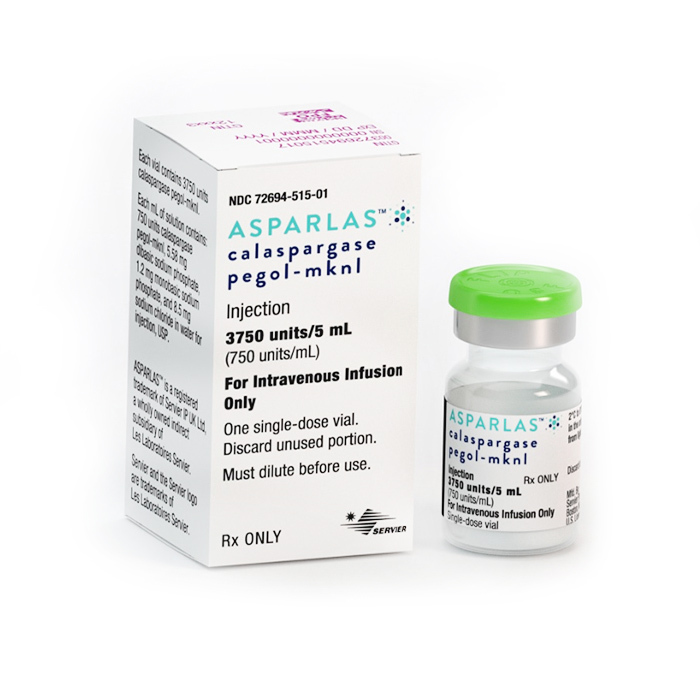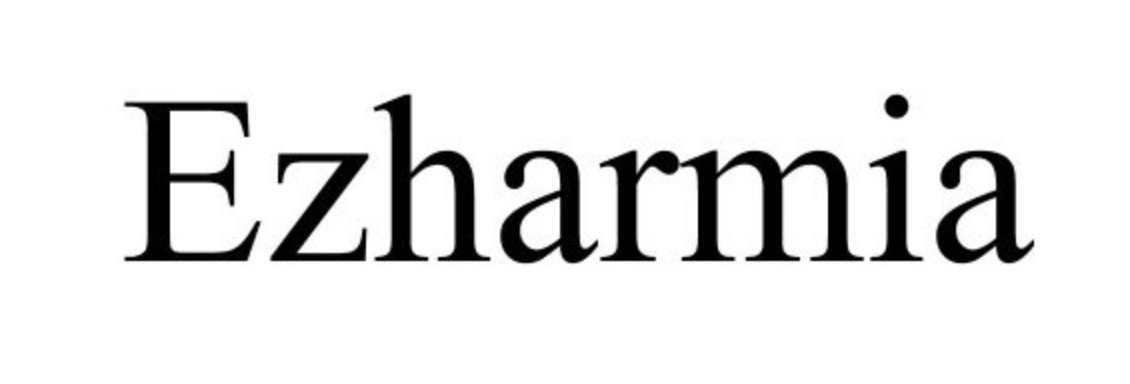Asparlas (calaspargase pegol-mknl) vs Ezharmia (valemetostat tosilate)
Asparlas (calaspargase pegol-mknl) vs Ezharmia (valemetostat tosilate)
Asparlas (calaspargase pegol-mknl) is a chemotherapy medication specifically used as a component of a multi-agent chemotherapeutic regimen for acute lymphoblastic leukemia (ALL) in pediatric and young adult patients. It functions by depleting the amino acid asparagine, which leukemia cells require to grow and multiply. In contrast, Ezharmia (valemetostat tosilate) is an investigational agent being studied for the treatment of hematological malignancies like T-cell lymphoma, and it works by inhibiting the activity of EZH1 and EZH2, which are enzymes involved in the regulation of gene expression. When deciding between these two medications, it is crucial to consider the specific type of blood cancer being treated, the drug's approval status, and the guidance of a healthcare professional, as Asparlas is an approved treatment for ALL, while Ezharmia is still under investigation and not yet approved for clinical use.
Difference between Asparlas and Ezharmia
| Metric | Asparlas (calaspargase pegol-mknl) | Ezharmia (valemetostat tosilate) |
|---|---|---|
| Generic name | Calaspargase pegol-mknl | Valemetostat tosilate |
| Indications | Acute lymphoblastic leukemia (ALL) | Currently under investigation for hematological malignancies |
| Mechanism of action | Asparagine-specific enzyme | DOT1L and EZH1/2 dual inhibitor |
| Brand names | Asparlas | Ezharmia |
| Administrative route | Intravenous | Oral |
| Side effects | Allergic reactions, elevated liver enzymes, pancreatitis, thrombosis, hemorrhage, and others | Not fully characterized, as it is still under investigation |
| Contraindications | History of serious hypersensitivity to pegylated asparaginase products | Not fully established, as it is still under investigation |
| Drug class | Antineoplastic agent, enzyme | Epigenetic modifier |
| Manufacturer | Servier Pharmaceuticals | Daiichi Sankyo |
Efficacy
Asparlas (calaspargase pegol-mknl) Efficacy in Leukemia
Asparlas, known by its generic name calaspargase pegol-mknl, is an antineoplastic agent specifically designed for the treatment of acute lymphoblastic leukemia (ALL). As an asparagine specific enzyme, it works by depleting the levels of asparagine in the blood, a necessary amino acid for the growth and survival of leukemia cells. The efficacy of Asparlas in the treatment of ALL was demonstrated in a pivotal clinical trial that included patients aged 1 month to 21 years. The trial measured the duration of asparagine depletion and found that Asparlas maintained asparagine levels at therapeutic thresholds for a longer period compared to native Escherichia coli asparaginase, a previously established treatment. This extended activity allows for a less frequent dosing schedule, which can improve patient compliance and quality of life.
In the clinical setting, Asparlas has been shown to be effective when used as part of a multi-agent chemotherapeutic regimen. It is typically administered in combination with other chemotherapy drugs, which has been found to improve overall survival rates and reduce the risk of disease progression or relapse in patients with ALL. The treatment has been particularly beneficial for pediatric patients and young adults, who represent the majority of individuals affected by this type of leukemia.
Ezharmia (valemetostat tosilate) Efficacy in Leukemia
Ezharmia, with the generic name valemetostat tosilate, is an investigational drug that targets specific epigenetic regulators in cancer cells. Although not yet approved for general use, its efficacy in leukemia is being explored in clinical trials. Valemetostat tosilate is a dual inhibitor of EZH1 and EZH2, which are components of the polycomb repressive complex 2 (PRC2) that play a critical role in the epigenetic silencing of genes. By inhibiting these enzymes, Ezharmia aims to reactivate tumor suppressor genes and induce cancer cell death.
Early clinical trials have shown promise for Ezharmia in the treatment of various subtypes of leukemia, including acute myeloid leukemia (AML) and certain lymphomas. The drug has demonstrated a capacity to reduce the leukemic burden in some patients, indicating its potential as a novel therapeutic option. However, as of the current knowledge cutoff, further clinical studies are required to fully understand the efficacy and safety profile of Ezharmia in the treatment of leukemia. It is important to note that the use of Ezharmia for leukemia is still considered off-label and experimental until more conclusive evidence is available and regulatory approvals are granted.
Regulatory Agency Approvals
Asparlas
-
Food and Drug Administration (FDA), USA

Ezharmia
-
Pharmaceuticals and Medical Devices Agency (PMDA), Japan

Access Asparlas or Ezharmia today
If Asparlas or Ezharmia are not approved or available in your country (e.g. due to supply issues), you can access them via Everyone.org.
How it works

Make an enquiry
Choose the medicine you want to buy, answer a couple of questions, and upload your prescription to speed things up. We’ll get back to you within 24 hours.


Make an enquiry
Choose the medicine you want to buy, answer a couple of questions, and upload your prescription to speed things up. We’ll get back to you within 24 hours.


Breeze through the paperwork
We'll guide you through the required documents for importing unapproved medicine, ensuring you have all the necessary information.


Get a personalized quote
We’ll prepare a quote for you, including medicine costs and any shipping, administrative, or import fees that may apply.


Receive your medicine
Accept the quote and we’ll handle the rest - sourcing and safely delivering your medicine.

Some text on this page has been automatically generated. Speak to your physician before you start a new treatment or medication.
Let's talk
If you have any questions, call us or send us a message through WhatsApp or email:
Contact us




